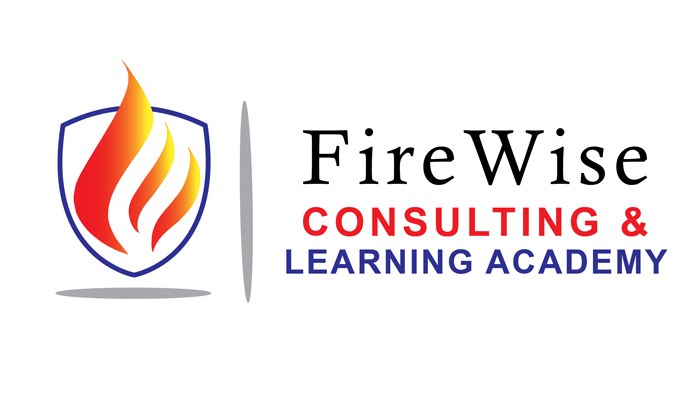

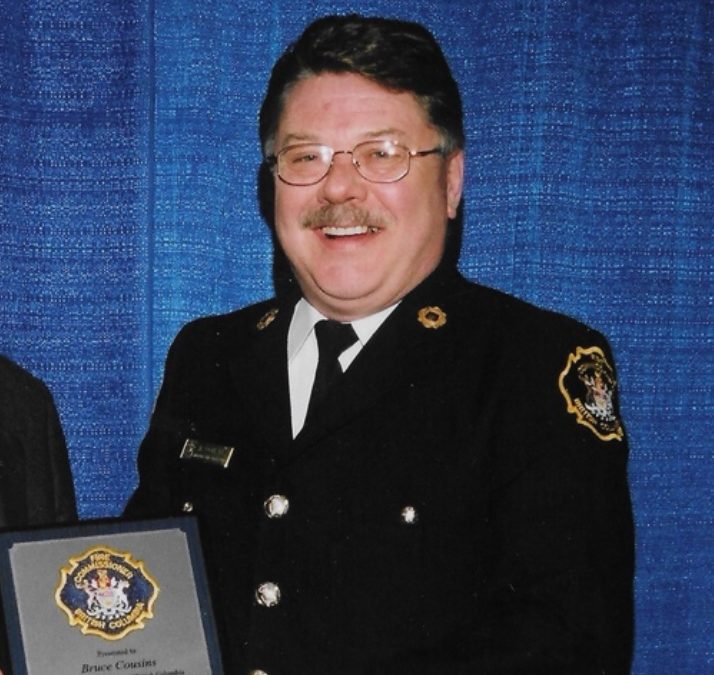
We regret to share the passing of Bruce Morley Cousins.
We regret to share the passing of Bruce Morley Cousins. Bruce was a founding partner in FireWise and spent many years as the Regional Fire Commissioner for Northern British Columbia. His commitment to the fire service, his wonderful sense of humour, and his friendship are part of his legacy. He will be greatly missed.
Bruce Morley Cousins
September 18, 1946 – March 15,2022.

NYC fire department gets two $75,000 robot dogs
The New York City Fire Department recently acquired two new dogs, but they’re not Dalmatians, KTLA sister station WPIX reports. Click here to read...
‘It was avoidable’: New bills on fire safety, holding landlords accountable introduced following Twin Parks fire
Elected officials are introducing new legislation to strengthen fire safety laws after the Twin Parks fire that claimed the lives of dozens in the Bronx. Click here to read...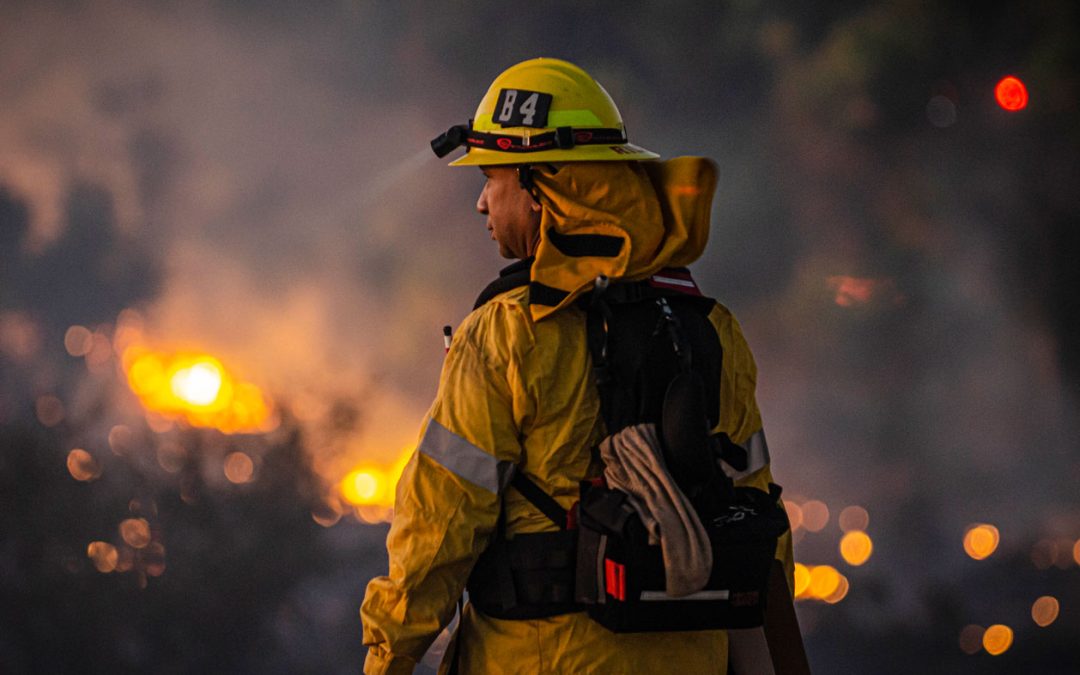
Rising to the challenge of more frequent wildfires
Amy Gallagher reports on how aerial firefighters are rising to the challenge of increased wildland fires in the US by the introduction of innovative solutions and transforming military-grade aircraft into firefighting weapons. Click here to read...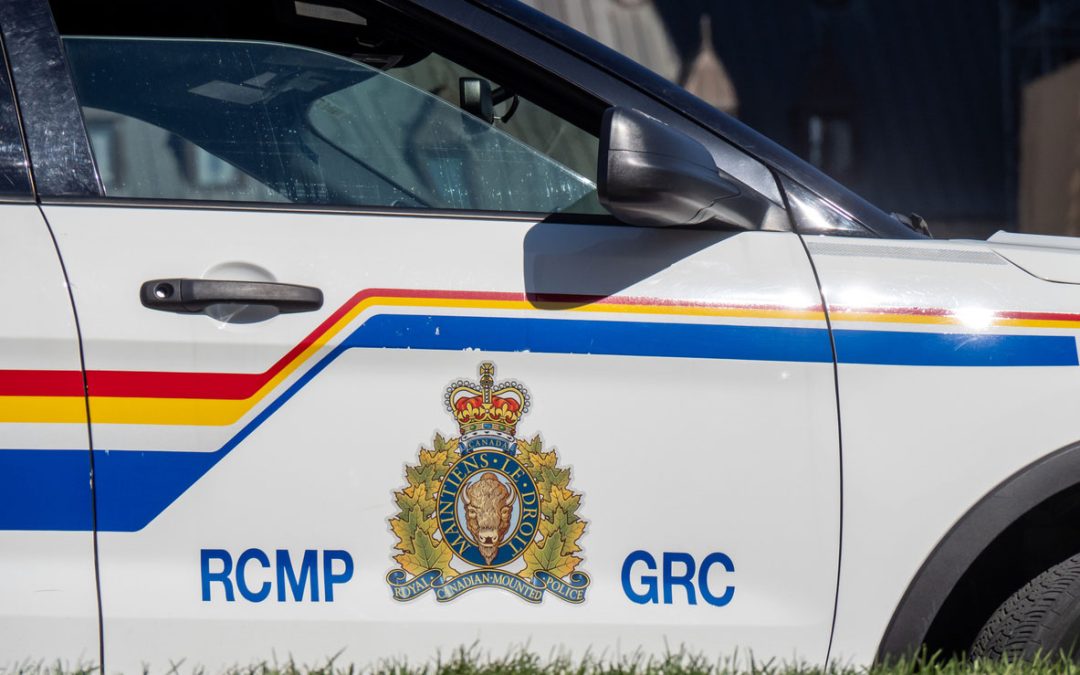
Firefighters say RCMP gunfire at N.S. fire hall caused lasting trauma
Greg Muise and Darrell Currie were inside Onslow Belmont Fire Brigade when 2 RCMP officers fired at it Click here to read...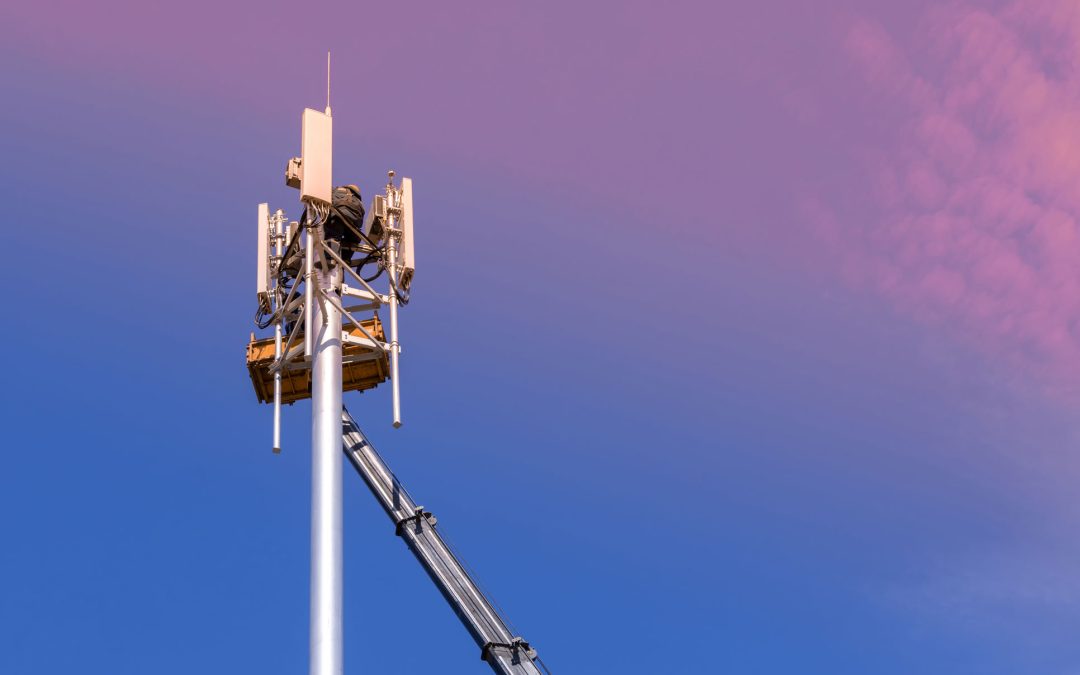
3G shutdown can impact fire alarms
As companies including AT&T, T-Mobile and Verizon shut down 3G networks this year, the Rochester Fire Department wants you to know that this could impact your fire alarm. Click here to read...
New Eco-Friendly Coating to Make Building Materials Fire-Resistant
Catastrophic residential fires and wildfires have a significant impact in terms of fatalities and injuries, as well as loss of property. Click here to read...
How evacuation technology can influence the brain in crisis mode
Crisis psychology refers to how we react in the event of a critical incident such as a fire, terrorist attack, or a natural disaster. Marc Gaunt, Category and Segment Marketing Manager UK&I at Eaton, gives readers an insight into how evacuation technology,...
Navigating the Rise of Empathy Fatigue
First responders’ continuous exposure to traumatic events can lead to various occupational stress injuries. The Centre for Suicide Prevention carried out a study that concluded that “first responders experience PTSD at twice the rate of the average population.” Empathy fatigue, also known as vicarious trauma or secondary stress, can often mirror the symptoms of PTSD, making it sometimes difficult to separate the two.
Know How to Recognize the Symptoms
The daily stresses that first responders encounter when completing their work take a toll on their emotional, mental, and physical health. The unfortunate fact is many first responders go into their professions because of their caring and empathetic nature. Being susceptible to the emotional stress of those they encounter and care for is often a harmful side effect of their profession.
According to the Canadian Medical Association, some of the symptoms and side effects of emotional trauma can include:
- Feeling easily overwhelmed or hopeless,
- Finding difficulty concentrating and making decisions,
- Having trouble sleeping or experiencing frequent nightmares,
- Feeling increasingly irritable, angry, sad, or depressed,
- Losing interest in tasks that you previously enjoyed,
- Becoming isolated and withdrawn from others,
- Increasing the use of substances to self-medicate, and
- Feeling detached or emotionally numb.
Responsibilities of an Employer
Employers in the workplace have a responsibility for understanding the stresses their staff may be experiencing, recognizing the symptoms of empathy fatigue and PTSD, and offering methods of support. Organizations such as the TIC Training Center have begun to provide training and certification to individuals and organizations to become ‘trauma-informed’ to improve abilities to recognize early warning signs and ways of dealing with them effectively.
Prioritizing Your Mental Health Above all Else
The continuous exposure to suffering and loss of life that first responders experience can quickly result in empathy fatigue, later evolving into emotional trauma and PTSD. It is vital for individuals to prioritize their own mental health needs and well-being in any profession. Reaching out to friends, family, or a support group is recommended as a first step if symptoms, as mentioned above, are evident. Many resources are available for first responders with the Honour House Society, the First Responder Support Network, the Canadian Mental Health Association, and more.
